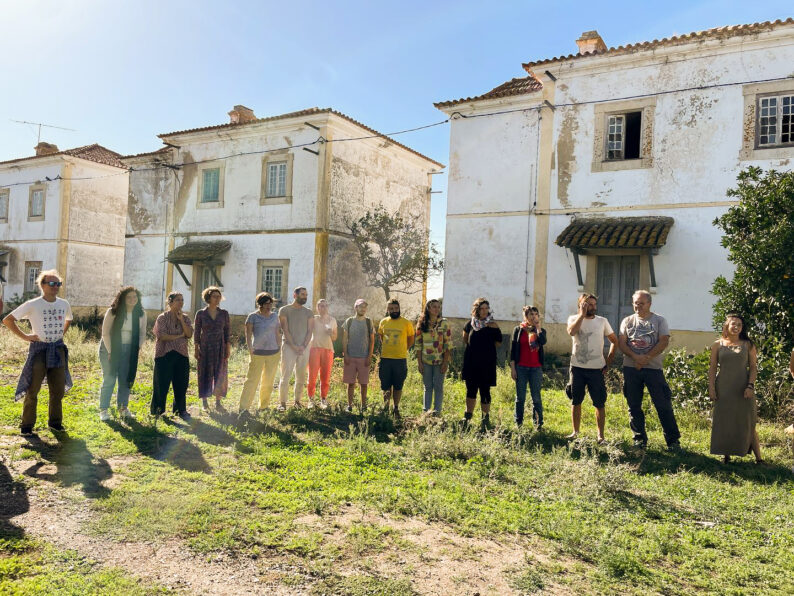
We will look at global urbanisation processes across different geographies and types of cities; at planning instruments, urban management, and urban governance in an international context; and at what might be called counter-cities and urbanism from below. In the first part of the course, urban and regional planning will be dealt with by presenting the planning systems of some countries and varying cultures as well as concrete urban and regional practices, including urban and regional self-analyses as well as visions and concepts for cities and regions of various sizes and geographical positions. The presentations provide an input for participants who are encouraged to bring in their own knowledge and experience in both theory and practice. Local practices could thus refer to Helsinki, Copenhagen and Chicago or Amaravati, Masdar City and Neom or Nuuk, Juist and Eltville. An online guest lecture on urban living labs aims at completing the course subject and contributing to its overall guiding topic of sustainability and resilience.
In the second part, we will look at urban change processes more broadly across the globe, and consider the everyday urbanisms at the edges of the planned city and within the unplanned. Crucially, we will explore urban change that counters the planned city – the so-called counter-city – and turn to counter-imaginaries of the city, to the urban settlers imagining them, and to the ways these imaginaries are both rooted in as well as shaping cities. We will identify and study cases of prefiguration and prefigurative politics, where urban dwellers not only imagine different futures but also build and enact these futures in the present. In a final step, we will examine how such prefigurations integrate into, contest and challenge, and perhaps amend plans, urban management practices, and related policies.
The seminar takes place in-person and consists of lectures by academic staff and external experts, discussions and tutorials, and student presentations. Some sessions such as tutorials may be held online. The seminar is divided into two complementary blocks taught consecutively by Dr. André Müller (block 1) and Dr. Manuel Heckel (block 2). Students will work in small groups, preferably in teams of two, and submit both individual and group work. Assessment will be based on presentations in class and an essay.


